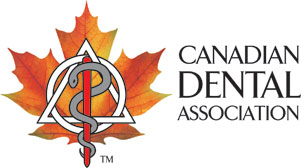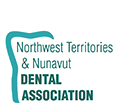About antibiotics
Your body is filled with different types of good and bad bacteria. Good bacteria help to keep your body and your mouth healthy. But sometimes, bad bacteria can multiply and cause an infection.
An antibiotic is a medication used to kill bad bacteria and stop bacterial infections. However, antibiotics are not useful for treating a viral infection, such as the common cold or flu.
Dental procedures and antibiotics
Unless you have a specific medical condition or upcoming surgery to replace a faulty heart valve for example, antibiotics for routine dental procedures are not required. In fact, most tooth aches can be treated by removing the original source of pain and early infection without using antibiotics. However, if an infection has progressed too far, resulting in swelling of the face or under the eye, then antibiotics are likely needed and you should visit your dentist as soon as possible.
Your dentist may prescribe an antibiotic to prevent or treat an infection depending on several factors, including:
- the type of dental procedure you will have
- your medical history
- your current oral health condition
Tip: The best way to ensure that you don’t need antibiotics for oral infections is to prevent them in the first place. Early detection and daily mouth care can prevent dental pain and infection. Brush twice daily, floss once a day, eat a well-balanced diet and visit your dentist regularly to detect early signs of disease.
Dangers of overuse
If you use antibiotics too often or incorrectly, the bacteria in your body may develop antibiotic resistance. When antibiotic resistance occurs, antibiotics may no longer work when treating an infection, and it may cause more harm than good.
Side effects
Yeast infections, nausea, vomiting and diarrhea are some examples of side effects associated with antibiotics. If you are allergic to medications or are experiencing side effects that don’t go away, tell your dentist or your primary health care provider.
What you can do
Only use antibiotics when needed and as directed by your dentist or other health care provider. This way, you can get the best results from your antibiotics to help prevent or treat illness.
- Take your medications exactly as prescribed.
- Talk to your dentist, pharmacist or other health care provider if you have any questions about your medications.
- Follow CDA’s five steps to maintain good oral and overall health.
- Never share your antibiotics or other medications with others.
- Never use antibiotics prescribed for someone else.
- Not all bugs need drugs. Never demand antibiotics when your dentist or health care provider say you don’t need them.
Helpful links:
Canadian Dental Association
- Consensus Statement: Dental Patients with Total Joint Replacement
- Pain management
- Position Statement: Prevention of Infective Endocarditis
Choosing Wisely Canada
FDI World Dental Federation
- Antibiotic Resistance in Dentistry
- Policy statement: Antibiotic Stewardship in Dentistry











